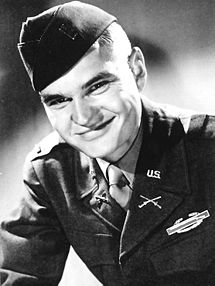
I was in Philadelphia recently and thought of Paul Fussell, who lived there before his death this time last year and whom I knew: one of the finest writers about 20th-century war, both because he wrote about the subject as a cultural critic more than military historian and because having fought in WW2 both in Europe and the Pacific, he knew what he was talking about. The Great War And Modern Memory is his most famous book – but I have only just read one of his very last books, The Boys’ Crusade. Subtitled ‘American GIs In Europe: Chaos And Fear In World War II’, it highlights some familiar Fussell themes: how many American soldiers were teenagers, how little about war they knew before they went, and how many cock-ups there were.
Like all of his books – and like his conversation – it is candid and clear-sighted, just like the Augustan prose he so admired (he was a professor of 18th-century English Literature). Unlike most books on WW2, it is also elegantly short.
But if his other achievements were not enough, he also helped in the revival of interest in travel writing, for which I am more directly grateful to him. His book, Abroad: British Literary Travelling between the Wars, championed travel writers of the 1930s like Robert Byron who had largely been forgotten at the time.
I was once with him when a BBC executive (I was trying to get the BBC to make a programme about and with Paul) asked him if he had ever met any Germans. Fussell gave him a stare: ‘Any Germans I met during the war, I killed.’ The executive blanched.
see my review of Panther Soup, by John Gimlette: ‘It was Paul Fussell in his magisterial Wartime who picked out the pivotal moment when the American authorities realised what they were dealing with in the Second World War. They issued an edict that servicemen should no longer be issued with white underpants. The war in all its messy, scrappy detail – sniping and scuffling in the vegetable gardens of Western Europe by ordinary soldiers – has always been more difficult to convey than the grand strategies of the generals who sent them there…’
